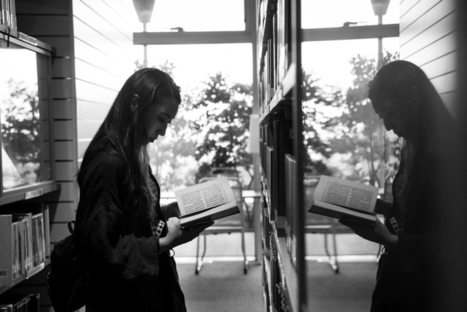9.30 - 10.00 Registration
10.00 Welcome and housekeeping
10.15 - 11.00 Group Discussion.
11:00-11:40 Presentation
11.00 - 11.40 Decolonising LSE Collections - Kevin Wilson (London School of Economics)
11.40 - 11.50 Tea break
11:50 - 13:10 Presentations
11.50 - 12.30 Broaden my Bookshelf: working with the University of Huddersfield SU to tackle the attainment gap -…



 Your new post is loading...
Your new post is loading...











Presentations at this conference have been uploaded to this site. Event held on 24 January 2020 at Goldsmiths University.